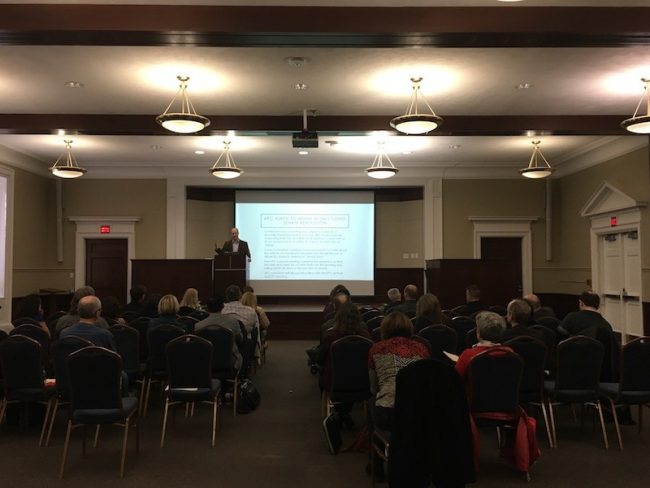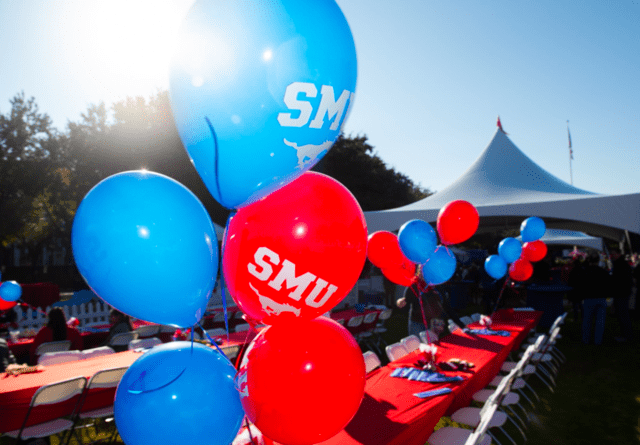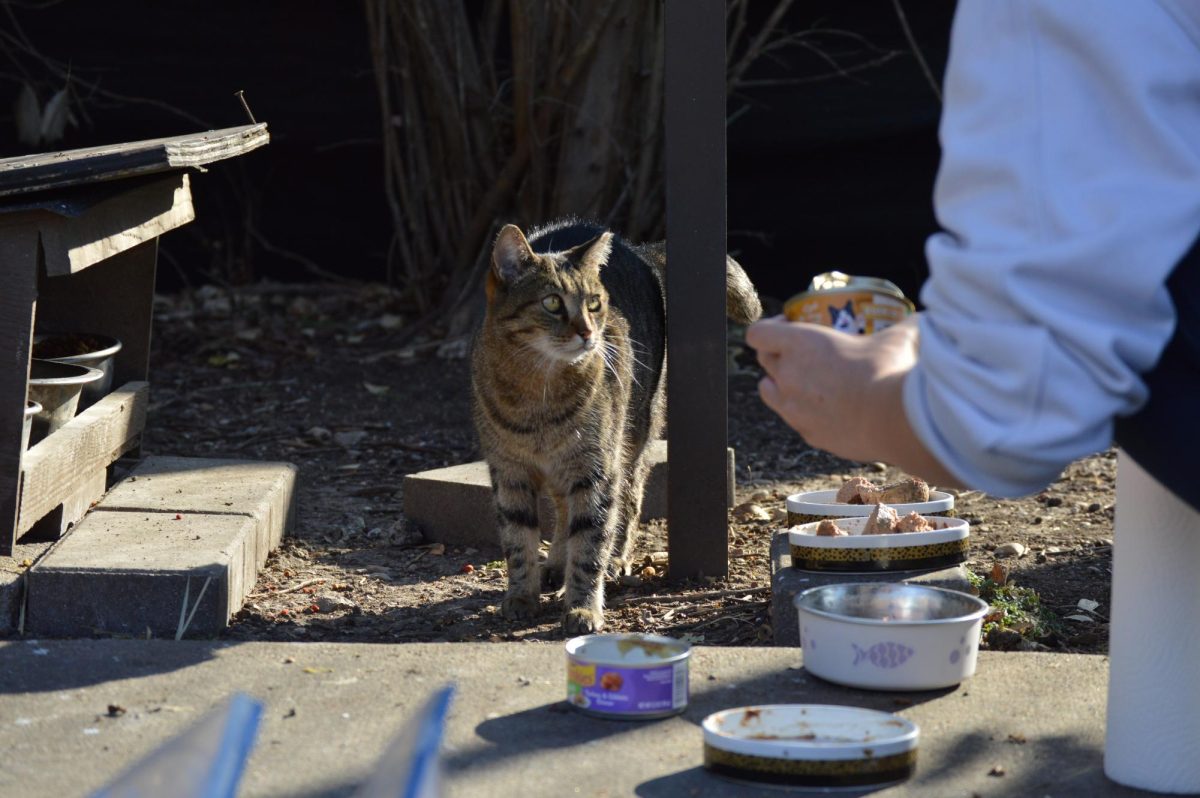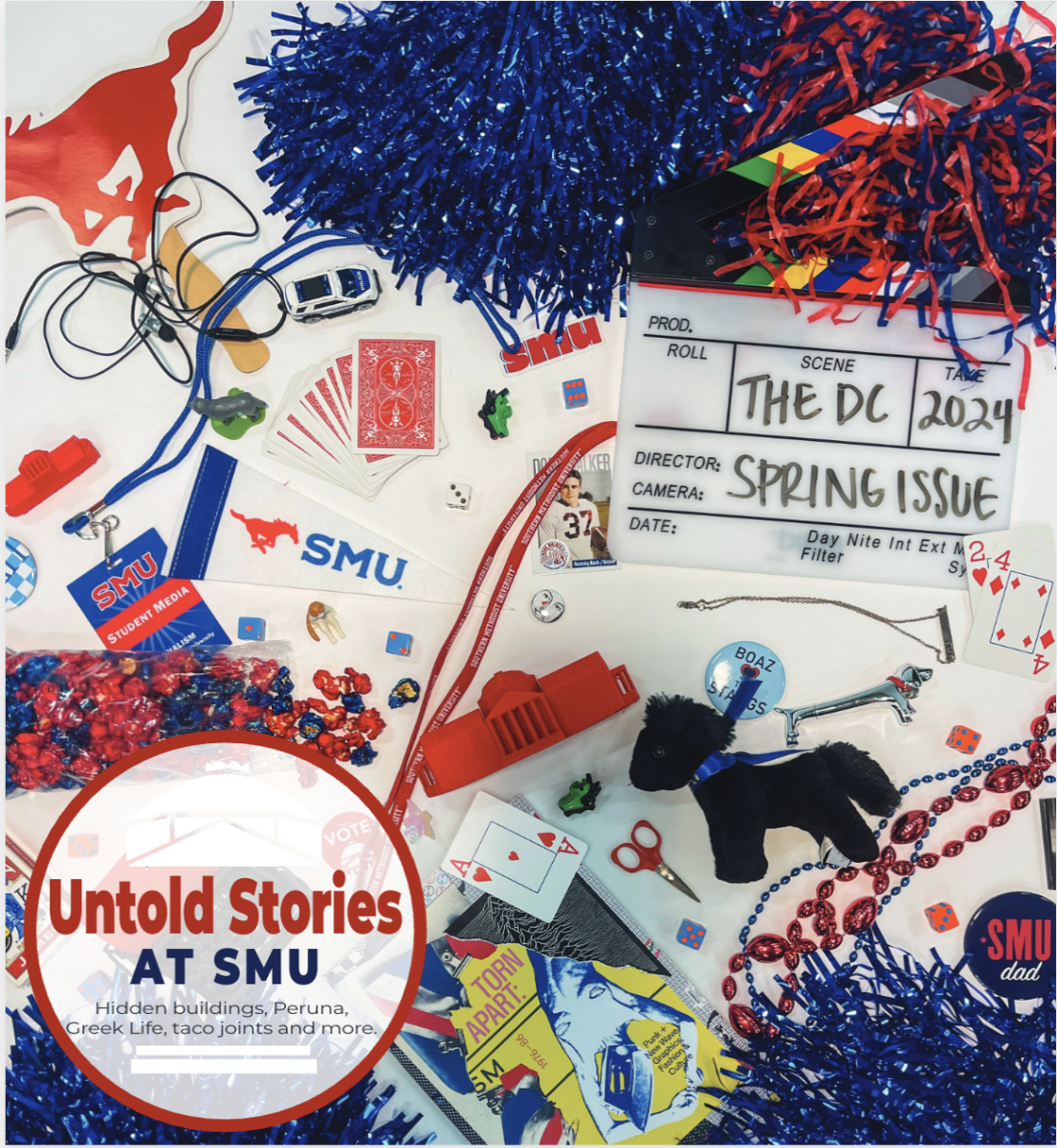SMU Faculty Senate convened in Storey Hall Wednesday, March 7 to discuss hot topics including university funding, research and academic policies.
The first item on the agenda was a drop-date policy extension recently approved by Student Senate. The extension would “move the final day that a student may withdraw from a course and receive a ‘W’ grade to within 20 days prior to the last day of class.”
“Don’t we also have something where you can retake the class?” asked one Senate member. “I’m just thinking, do they realize that that’s an opportunity also? Will this really help?”
Also up for discussion was the repeat policy that allows students to retake a certain number of and certain classes. One of the benefits noted of this policy is it helps students who are not doing well in a class but cannot drop it.
“To me, there’s nothing really at risk here,” one member said.
“As we make these [decisions], let’s do it on the basis of the thing that will allow the students to really make their decisions with the best possible knowledge and keep out any sort of moral considerations about if whether they should be held to something more strict,” another member said. “Because I’m really convinced that students who know more as they come to the end of the semester are likely to make a decision that’s in their best interest.”
Next, President Turner took the stage to address “Sources and Uses of Operational Excellence (OE) Savings.” In making the annual school year strategic plan, Turner and other university administration worked to cut costs in some areas, resulting in a net savings of over $20 million to apply to under-funded or innovation needs at the university.
“We’re enhancing the structure of the institution, and much of it to strengthen the Office of Institutional Development and the Office of Research Administration to support faculty in research areas and be able to have the kinds of individual technical support that is needed,” Turner said.
The plan allocates $1 million for undergraduate academic equalization, primarily toward Dedman College, Turner said.
Research is a main focus in the plan. The plan allocates funds to both the Office of Research Administration and the Research Council and adds individuals working with faculty to generate grants, over-seeing grants and reporting grants, according to Turner.
Another focus of the plan is supporting entrepreneurship and innovation. The plan introduces the Foundry, a space rented in Mockingbird Station for developing things, Turner said. The Seed Fund is also getting a boost in funding to get ideas “through the beta phase and into the capable-of-being-used phase,” Turner said.
Other items include increasing library funding (“the No. 1 request of a lot of the faculty,” Turner said) and improving the quality of graduate students, particularly in Dedman College, Simmons and Lyle.
“We’re not going to get any great grad students if we’re not supporting them,” a faculty senate member said.
Turner said their funds were going to address both problems: supporting university graduate studies and recruiting graduate students.
There is a similar initiative to get more undergraduate transfer students.
“It’s a good area we’re not maximizing well,” Turner said.
The Faculty Senate discussed ways they were improving the university outside of funding.
Matt Lockard, head of the Academic Policies Committee, explained the common predicament that students are completing the courses necessary for minors unknowingly. Therefore, the minors do not appear on their transcripts, simply because they didn’t declare them.
Thus, Lockard presented software that will automatically screen students who are close to completing minors. The system sends an email to students, listing the classes they have left to take, and provides links to the respective department chairs.
Another big win for faculty was adding 24 hours to their deadline for grading final exams. Faculty must now post grades within 72 hours of giving their final in lieu of the original 48.















